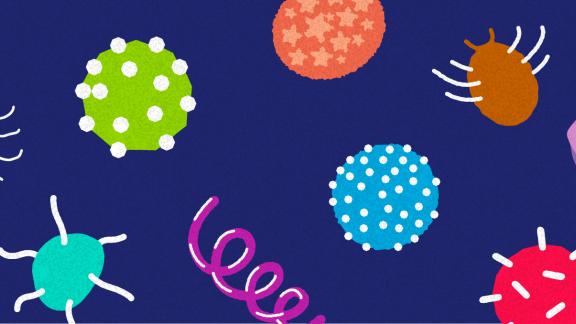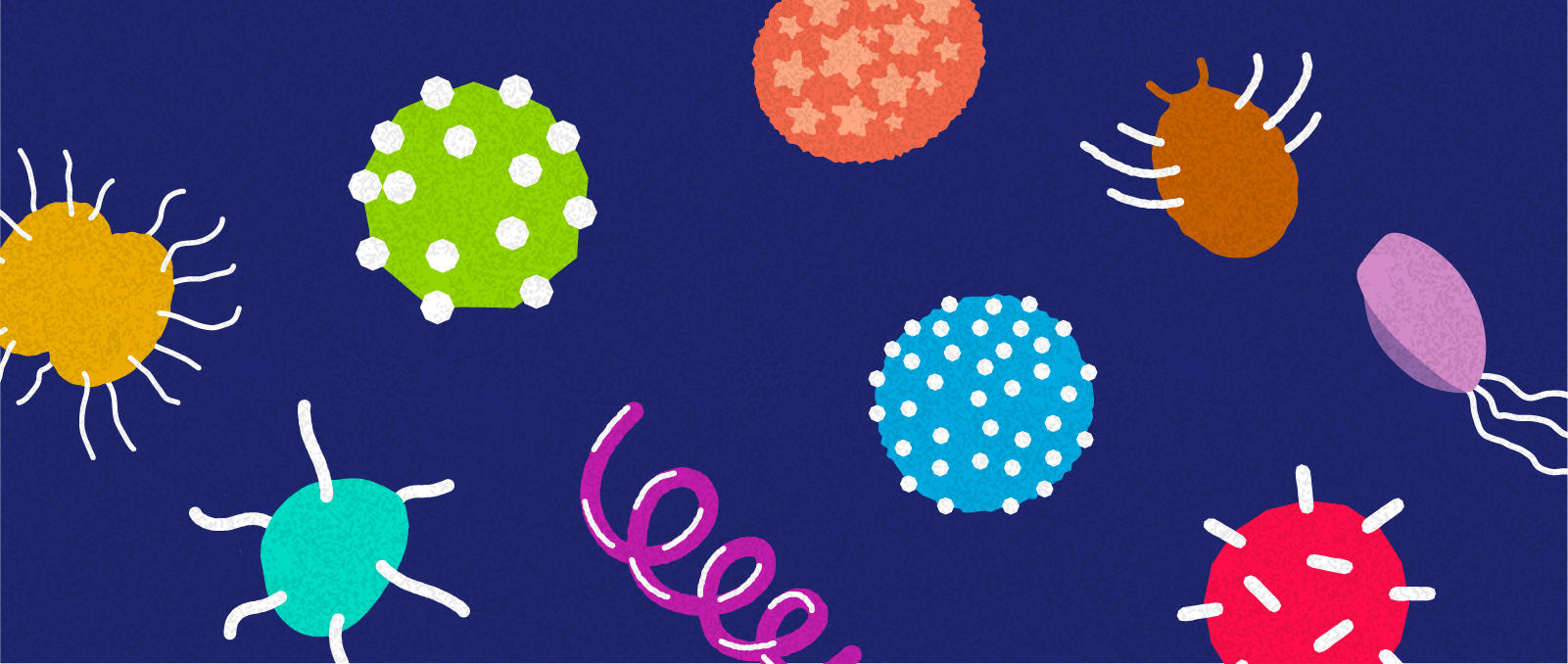Genital herpes is a very common virus that can stay in the body for life, but it usually doesn’t lead to serious health problems. Genital herpes is caused by the Herpes Simplex Virus (HSV). There are two types, HSV-1 and HSV-2 and both can infect the genital and anal area and also the mouth and nose (cold sores).
No one should feel ashamed about having herpes and although it can’t be cured, it is worth noting that it is treatable.
Herpes is spread through skin-to-skin contact with infected areas, often during vaginal sex, oral sex, anal sex, and kissing. It is passed from one person to another through:
- unprotected vaginal, anal or oral sex
- receiving oral sex from someone who has a cold sore or is about to get one
- your genitals coming into contact with your partner’s genitals
- skin-to-skin contact during sex if the virus is active on the skin outside the area protected by a condom
- sharing sex toys without washing them or covering them with a condom with each use
- a person with whitlows (herpes on the hand) touching a partner’s vagina, genitals or anal area
You cannot get herpes from casual contact such as hugging.
Symptoms
Herpes causes outbreaks of itchy, painful blisters or sores that come and go. It is common for people with herpes to not notice the sores or mistake them for something else, so they might not know they’re infected. Herpes can spread even when you don’t have any sores or symptoms.
If you do develop symptoms you may experience:
- Flu-like symptoms such as fever, headache, aches and pains.
- Stinging, tingling or itching around the genitals.
- Small fluid-filled blisters appear anywhere in the genital or anal area, as well as the buttocks or tops of the thighs – these burst leaving small, red sores which can be very painful.
- Pain when peeing – due to the urine passing over the sores.
- Unusual vaginal or urethral discharge.
Testing
Symptoms might not appear for weeks or even years after you're infected with the herpes virus. If you have or start to develop signs or symptoms your healthcare provider will be able to confirm the diagnosis by taking a swab of fluid from the blisters in the affected area. The results can take up to one to two weeks. You might also be tested for other STIs with similar symptoms rule them out and be sure you receive the correct diagnosis and treatment.
If you have genital herpes, your previous sexual partners should also get tested.
Treatment
There’s no cure for herpes, but medication can ease your symptoms and reduce your chances of spreading the virus. Genital herpes will clear by itself, however, seeking treatment early can significantly reduce the time the outbreak lasts and speed up the healing process. It also reduces the risk of you passing it on to someone else.
You will be given antivirals which work by preventing the virus from multiplying, however it does not clear the virus from your body completely. Over time, outbreaks usually become less frequent.
To ease discomfort in the short term there are a few things you can do:
- Apply an ice pack or ice cubes in a plastic bag (do not apply ice directly to skin)
- Take a cool shower to soothe the blisters
- Apply a local, over-the-counter anaesthetic cream such as lidocaine
- Wash your hands before and after touching the infected area to avoid introducing bacteria
- Keep hydrated and drink extra fluids
- Wear loose, cotton clothing
- Use an over-the-counter painkiller to help with pain and discomfort
Prevention
There are several ways to reduce the risk of infection and protect yourself and your partner from genital herpes. You can help prevent the spread of genital herpes by using a condom every time you have vaginal or anal sex and to cover the penis during oral sex and avoid sharing sex toys. However, herpes can still be passed on if the condom does not cover the infected area.
You should avoid vaginal, anal or oral sex if you or your partner have blisters or sores, or a tingle or itch indicating an outbreak is coming.
When used correctly and consistently, condoms are one of the most effective methods of protection against genital herpes and other STIs (including HIV).
Learn more about different types of STIs and their symptoms, treatment, and prevention
when
Subject
HIV and STIs










